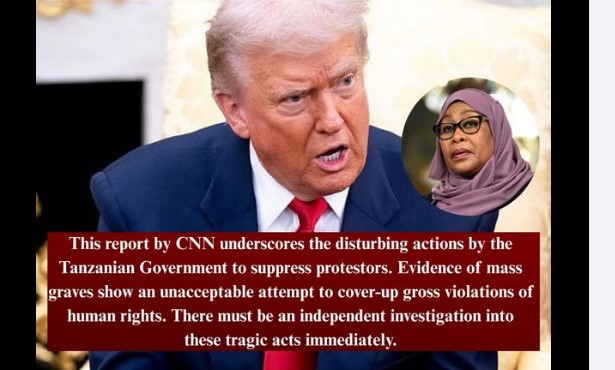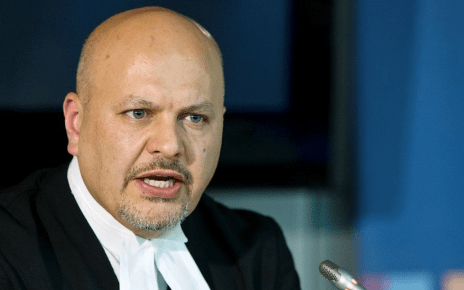Tanzanian President Samia Suluhu Hassan is facing mounting international scrutiny following allegations of mass killings in the aftermath of the country’s October 2025 elections. The controversy erupted after a CNN documentary claimed that security forces were responsible for shooting unarmed protesters, with victims reportedly buried in mass graves. The allegations have drawn sharp reactions from global leaders, human rights organizations, and U.S. lawmakers.
The documentary presented evidence including video footage, eyewitness accounts, and satellite imagery, which painted a disturbing picture of state violence. In response, the Tanzanian government acknowledged the report but stated that it would review and verify the allegations.
The situation escalated when U.S. Senators Jim Risch and Jeanne Shaheen issued statements condemning what they described as political repression, abductions, and manipulation during the election period. They called for immediate independent investigations into the alleged killings and criticized measures such as internet shutdowns, which disrupted communication and economic activities during the protests. The senators warned that these incidents could necessitate a reassessment of U.S.–Tanzania relations if left unresolved.
President Suluhu, in her address to Parliament, expressed “deep sadness” over the events and announced the establishment of a commission of inquiry to investigate the circumstances surrounding the unrest. The commission is tasked not only with examining the killings but also exploring broader political dynamics, including the roles of youth and political parties during the protests.
The implications of these developments are significant. Domestically, the allegations threaten to undermine public confidence in the government, especially if the inquiry is perceived as lacking transparency. Internationally, Tanzania’s diplomatic standing is at stake, as foreign governments and human rights organizations closely monitor the situation. The United Nations High Commissioner for Human Rights has already voiced concern, emphasizing the need for accountability and independent scrutiny.
The controversy underscores the delicate balance between maintaining state authority and respecting human rights. President Suluhu’s handling of the inquiry will be crucial in shaping her legacy and ensuring that Tanzania adheres to democratic principles while addressing the grievances of its citizens.
As global attention intensifies, the world watches to see whether Tanzania will conduct a credible, transparent investigation and uphold justice, or risk further criticism and potential isolation on the international stage.



